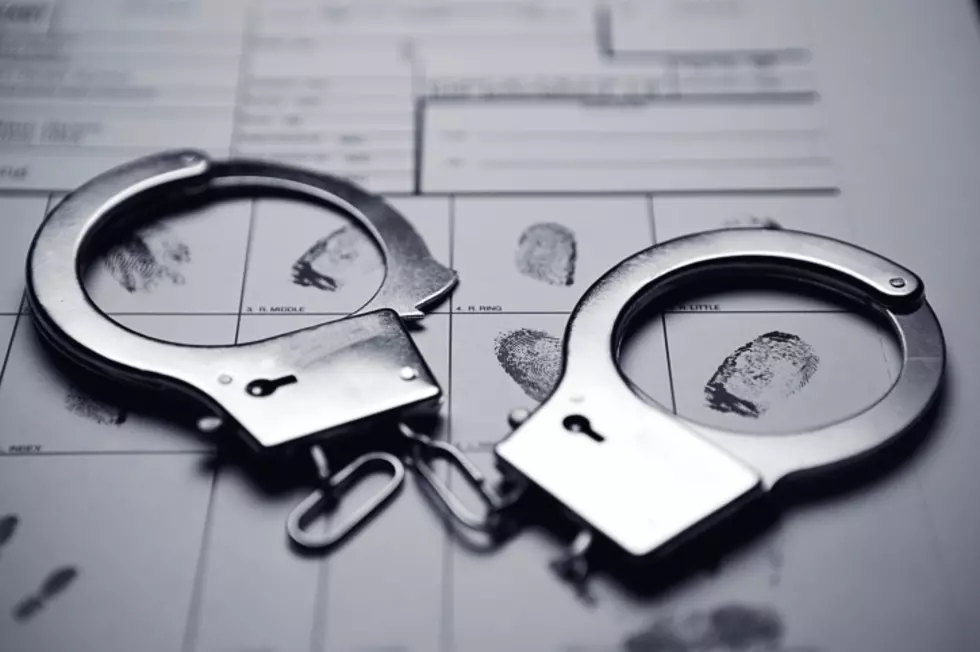
Vescera, Zecca Fighting To Validate Election Petitions
The dispute over Democratic petitions collected by current Utica Councilman Frank Vescera and former city councilor Jim Zecca remains unresolved following several hours of reviewing signatures Monday.
Oneida County Supreme Court Justice Norman Siegel will likely rule on Tuesday about the validity of roughly 150 signatures which are still being challenged by the Oneida County Board of Elections.
Vescera and Zecca are each looking to force a primary against a pair of incumbents already endorsed by the city Democratic party: Vescera against incumbent Utica Council President Frank Meola, and Zecca against incumbent councilor-at-large Jack LoMedico.
They collected over 800 signatures and thought they had far exceed the required number, based on an email from Oneida County Democratic Commissioner Russell Stewart who said they needed just 500 petitions, they said.
For various reasons, BOE officials had invalidated over 200 of those collected by Vescera and Zecca.
James Walsh, representing Vescera and Zecca, believes many of the signatures still in question will ultimately be counted.
''We have found a lot of signatures that were of valid voters from the Board of Elections that had moved or not notified the board of their new addresses. But, they're still registered voters, so they're gonna count,'' he said.
The Board of Elections will work to cross reference registration information and provide it to Judge Siegel so he can make a determination about whether the individual who signed the petition is a registered Democrat, and whether they live in the city.
How Many Do You Need?
Before the process of validating signatures began, Judge Siegel made a ruling on the number of petitions each candidate needed.
The two potential challengers have said they were misinformed by commissioner Stewart, via email, that they needed just 500 registered Democratic voters to sign. And, Walsh argued further in court - citing a case that dates back to the 1970's in Ramapo, NY - that because the city of Utica is contained entirely in one New York State Assembly District, and a candidate only needs to collect 500 party signatures to run for the assembly, that 500 is the required number.
However, Siegel ruled that State Election Law requires a candidate in a city the size of Utica to obtain 1,000 signatures, or 5% of the number of registered party voters in the city, whichever is lower.
In this case, that puts the magic number at 708, the judge ruled.
More From WIBX 950









